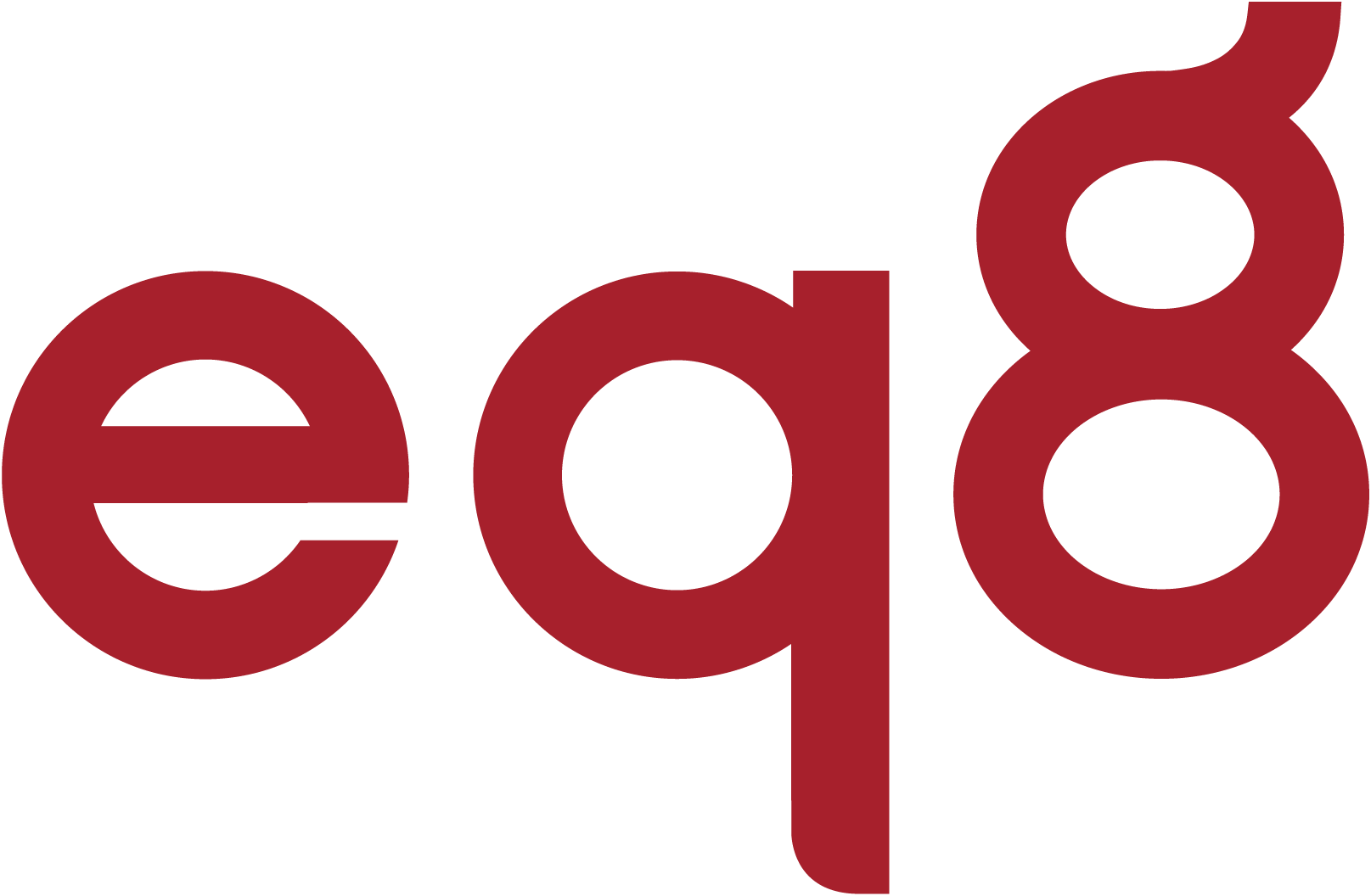

Individuals and institutional investors can explore various avenues to start investing in ETF.
Click here for a quick guideInstitutions Buy/Sell directly from Participating Dealer in Primary Market via a Creation/Redemption process when dealing in large transactions.
Transacting via participating dealerShariah ETFs only track the performance of benchmark indices that consist of Shariah-compliant securities in accordance with the methodology prescribed by the Shariah board, committee, or advisor of the index provider. Our world renowed Shariah adviser, Amanie Advisors, ensures that all investments made are in line with the benchmark index.
Explore our productsYes, Participating Dealers (PDs) are accessible to all investors. You can choose to Buy (creation) or sell (redemption) units in the primary market through PDs. It's crucial for investors to note that these transactions are subject to a minimum unit requirement specific to the respective ETF. When engaging with PDs in the market, minimum unit block requirements apply, varying from 100,000 units to 500,000 units.
No. Investors can choose to trade on the exchange or through a Participating Dealer for creating or redeeming units of the respective ETF. Alternatively, Investors may explore to acquire via fulfillment partners carrying Eq8 ETFs.
Click here to discover transacting optionsThis is where an investor has a lump sum amount to invest in an ETF. Over time, the value of initial investment may increase as income may be earned by the fund or decrease as the market value of the underlying asset of the ETF may fall.
An investor may invest in ETF by making regular (monthly or quarterly) investment to their fund. This may be a more disciplined approach to invest in ETF. By making equal and regular contributions over a period, this may reduce the impact of market volatility. This is commonly known as DCA.
Both unit trusts and ETFs charge fees to cover the management and operating costs of the fund.
ETFs typically have lower fees than unit trusts because most unit trusts involve active management, leading to higher management fees. In contrast, ETFs are generally passively managed thus attracting lower management fees.
No. You are not required to make a direct payment for dividend withholding tax. The withholding tax is subtracted from your dividends before they are disbursed to you. In essence, the dividends you receive have already considered the withholding tax, and you don't need to take any action on your part.